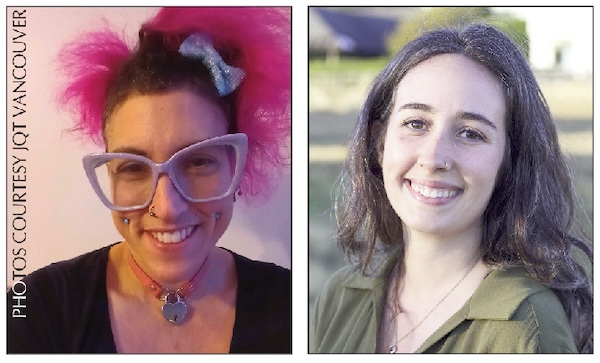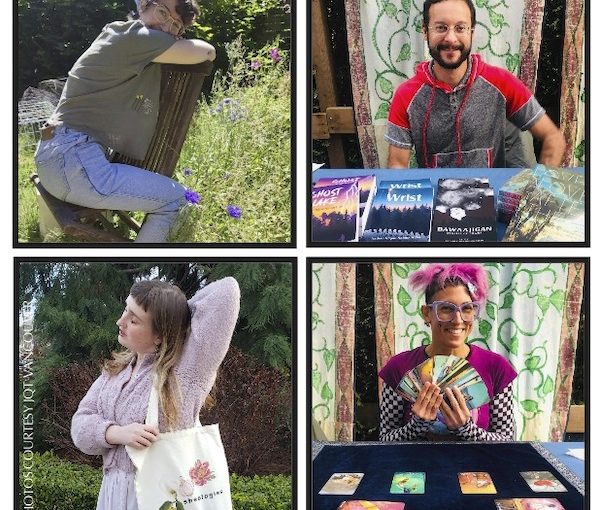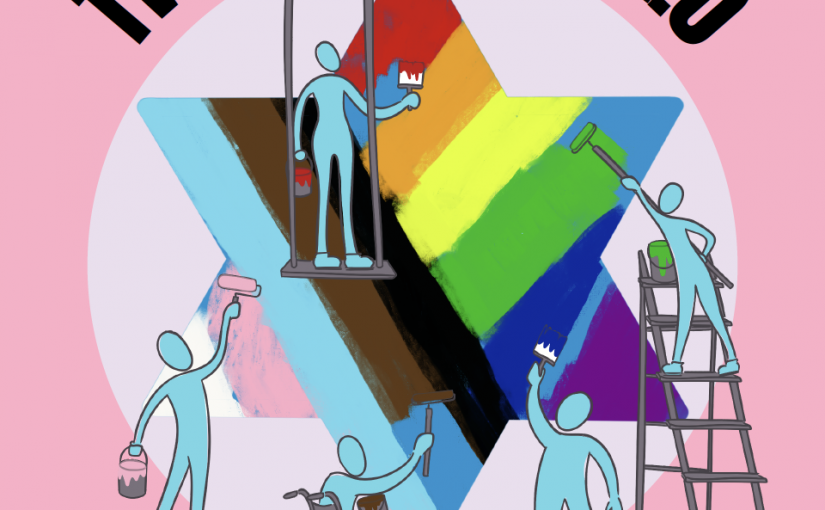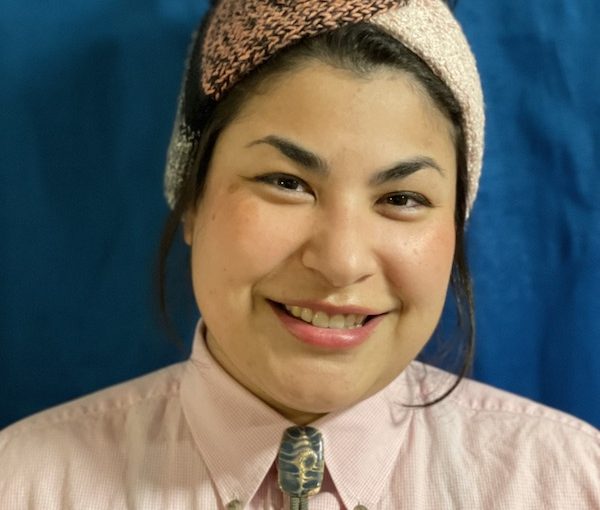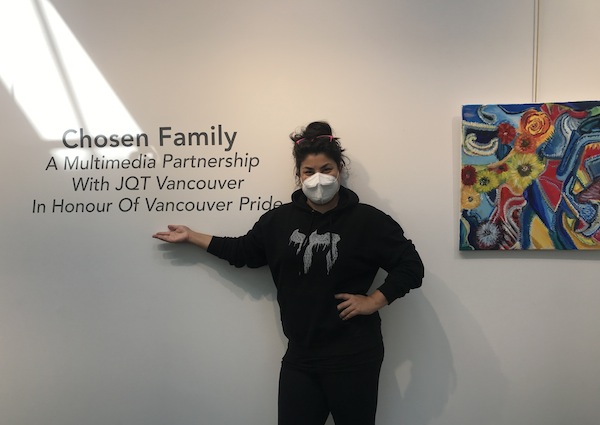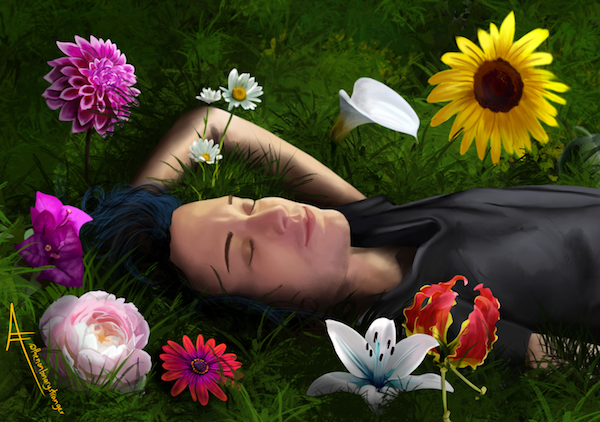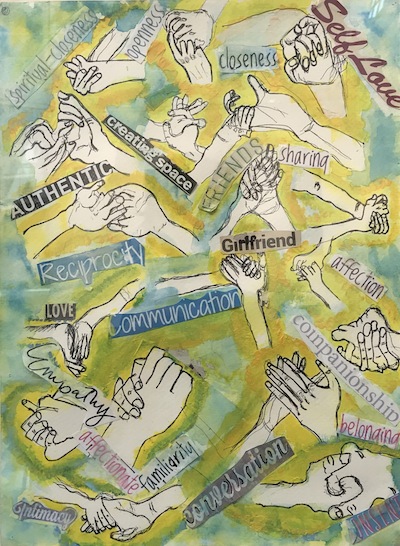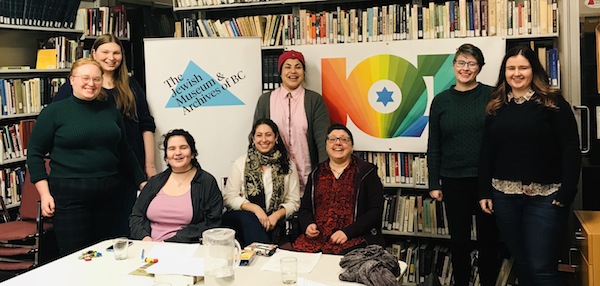The recently released report, Twice Blessed 2.0: The Jewish LGBTQ2SIA+ Initiative, offers a hint of just how diverse the Metro Vancouver Jewish community is. In that diversity lies challenges and opportunities.
“Embarking on Twice Blessed 2.0: The Jewish LGBTQ2SIA+ Initiative has been an important step in acknowledging our gaps and our commitment to learn and work towards diversity and inclusion in the Jewish community,” write Carmel Tanaka, founder and executive director of JQT Vancouver, and Tanja Demajo, chief executive officer of Jewish Family Services Vancouver, in the final report’s preamble. “It is important to identify the work that has and has not been done. Taking pause and asking ourselves: Where are we today? What prevents us from engaging deeper into these conversations about diversity and inclusion? And where do we want to go?”
“The word diversity is used so often these days, but it is not easy to define what it means on a day-to-day basis in an environment such as JFS,” Demajo told the Independent. “This process started simply by acknowledging ‘we don’t know what we don’t know’ but we are willing to learn. Carmel and I started conversations about the LGBTQ2SIA+ community and how open JFS is to their members. Saying everyone is welcome is not enough, it takes much more commitment and work. There could have been other ways to engage in that conversation, but we started with the training and learning about the work done in 2004.”
“We are honoured to have collaborated with Dr. Jacqueline Walters, who did the 2004 survey that never saw the day of light,” said Tanaka. “It is so rare to be able to include those who have come before us in ways that help with continuity and give the opportunity for healing. A lot has changed since 2004, not just in the Jewish community on LGBTQ2SIA+ inclusion, but also more broadly, especially surrounding language and terminology. So, we paid homage to the 2004 questions and updated how these questions were asked in 2022.”
Developed from the 2004 community needs assessment conducted by JFS, many of the 2022 questions were the same, but others were added or reworded to reflect changing times or for clearer results. The survey was distributed over a two-month period this past spring, and 111 people responded, compared to 56 responses in 2004; there were three people who responded to both surveys.
The majority of respondents to the 2022 survey were in the 30-39 age bracket (or older) and ethnically self-identified as Jewish, in addition to being Canadian and of varying European identities. Of the 111 respondents, 31.8% identified as disabled (mental health, chronic pain, etc.) and 24.1% as neurodivergent (ADHD, autism, anxiety, PTSD). In 2022, half of respondents identified themselves as cultural Jews, with one-third practising other religions or ways of life; 50% were in multi-faith/racial/ethnic/cultural relationships.
These were just some of the findings indicating that there is broad diversity within the Jewish community. The findings, in part, were generated by the open-endedness of many of the questions.
“JQT approached the creation of the 2022 survey with great care and intention – a love letter to the Jewish queer and trans community,” said Tanaka. “It was and remains extremely important to JQT that the experience of filling out this survey was not triggering for those who are on the spectrum of Jewish and LGBTQ2SIA+ identities. All too often, these types of surveys, which ‘study’ our communities, don’t allow for self-identification (are not asking open-ended questions), instead forcing those being surveyed into checking boxes – boxes that either don’t fully encompass who we are and/or other us and/or are hurtful to us.”
When she saw the results, Demajo said, “I had this moment of realization that there is much social justice work that we need to do in order to reach out to those who need the support. One of the questions we ask ourselves often is ‘who are we missing and why?’ This survey and the answers we received made it clear that the community we are supposed to serve is very diverse and requires us to wrestle with questions of gender, race and religion. Some may argue that these are political questions but, for us, these are questions that impact our service delivery. If someone doesn’t feel welcomed in our space, no matter how dire their needs are, they will not accept the support.”
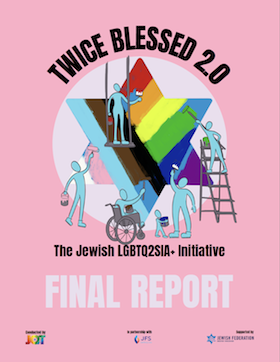 “The finding that most resonated with my personal experience is that, today, so many of us in the JQT community are mixed like me and/or are in mixed relationships like my family – mixed racially, culturally, ethnically, religiously, etc.,” said Tanaka, who self-describes as queer, neurodivergent and Jewpanese. “Growing up in Vancouver’s Jewish community as a mixed kid was pretty isolating. It’s great to see that the future of the Jewish community is mixed!
“The finding that most resonated with my personal experience is that, today, so many of us in the JQT community are mixed like me and/or are in mixed relationships like my family – mixed racially, culturally, ethnically, religiously, etc.,” said Tanaka, who self-describes as queer, neurodivergent and Jewpanese. “Growing up in Vancouver’s Jewish community as a mixed kid was pretty isolating. It’s great to see that the future of the Jewish community is mixed!
“The finding that surprised me the most was how many Jewish queer and trans people identify as white or Caucasian when asked about their ethnicity and race,” she added. “It wasn’t too long ago when Jews were not considered white, so it’s sobering to learn of this shift in identity.
“The finding that made me the most sad,” she said, “was how the JQT community, especially our seniors, feel about aging and entering long-term care. Honestly, it’s terrifying.”
Some of the comments made by seniors who responded to the survey were: “As a transgendered Jew long-term care is a frightening prospect as transgendered seniors are often abused in long-term care”; “Worry that my relationship will not be seen as real”; and “I fear that it will be primarily heterosexual and that I will have to go back into the closet.”
Among the 13 calls for actions made in the report are: “Develop inclusive care services for Jewish LGBTQ2SIA+ seniors” and “Ensure that senior care home intake adequately assesses the needs of LGBTQ2SIA+ residents.”
Jewish Federation of Greater Vancouver supported the survey, and one of the other recommendations is to allocate some of the annual campaign funds to the “operational costs of providing year-round Jewish LGBTQ2SIA+ programming for all ages and community outreach in both Jewish and LGBTQ2SIA+ communities.” More education is recommended, including diversity, equity, inclusion (DEI) training, and more “open discussion with rabbis, synagogues and boards to adopt an ‘open tent’ policy regarding intermarriage.” To see the full set of recommendations, visit jqtvancouver.ca/twice-blessed-2.
That all four of the 2004 recommendations still apply – more education of community leaders, a larger Jewish presence at LGBT activities, inclusion of LGBT Jewish community members on Jewish committees and boards, and increased LGBT presence at Jewish events – indicates the challenges of change, the report notes. However, Twice Blessed 2.0 also highlights some progress, including JQT’s recent partnering with the Vancouver Jewish Film Festival on a queer Jewish film, with the Zack Gallery on the first Jewish LGBTQ2SIA+ art exhibit and with the Jewish Museum and Archives of British Columbia on the first B.C. Jewish Queer and Trans Oral History.
As for JFS, Demajo said the agency’s priorities for the next year are “allocating funds for further training and awareness building” and to “partner on initiatives with LGBTQ2SIA+ agencies, ensure LGBTQ2SIA+ friendly Jewish mental health support, [and] adjust our policies to include DEI.”
She said, “JFS is in a unique position in the community to touch lives of a diverse community. At the same time, those we support don’t always reach out to us, we need to reach out to them. And, in order to do that, sensitivity, understanding of social justice and intersection of culture, gender, race and religion is essential for our ability to do the work in a sensitive and uplifting way.”
Another of the calls for action is for the adoption of a “Nothing about us without us” approach and Tanaka thanked Demajo and JFS for doing just that.
“Building trust between the JQT community and JFS, learning from one another, is the key to building a healthier Jewish community,” said Tanaka, noting that JQT is a volunteer-run group and “the only homegrown Jewish LGBTQ2SIA+ nonprofit in Canada in operation today,” funded solely by donations and grants.
JQT has presented the findings to the JFS board and in staff training, and would like the opportunity to present them to other local Jewish organizations. However, response to the report has been quiet, said Tanaka, who postulated that there is a “fear of airing dirty laundry.”
“The truth is that we’re not here to point fingers,” she said. “We’re here so that queer and trans Jews – and, in general, marginalized Jews on the periphery of the Jewish community, whether they be Jews of Colour, patrilineal Jews, disabled Jews, queer and/or trans Jews, etc. – can also benefit and have access to the same infrastructure as the mainstream Jewish community.”
Cynthia Ramsay is a member of the JQT Vancouver board.

